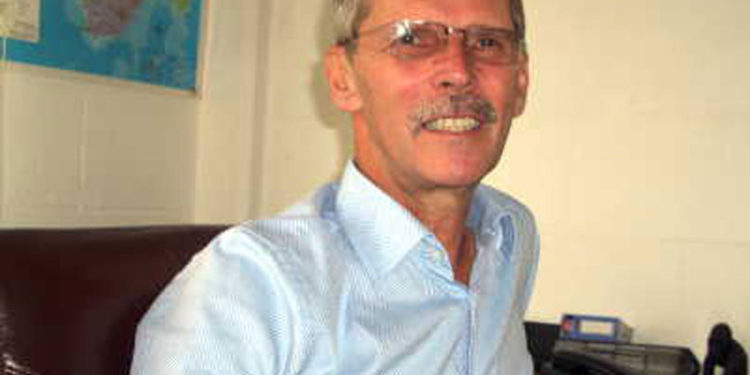The tale of several African countries, which are rich in oil, is salutary. Oil is not a curse, but the people of oil rich countries in Africa have generally not benefited much, while the wealth has gone to a small elite. In many cases the interactions between those in power with the big oil players such as Shell, BP, ELF and Occidental has given them access to inordinate wealth, but has fed corruption and allowed leaders to remain in power. Among the countries worst affected by the oil flows are Lybia, Nigeria, and Equatorial Guinea.
In the case of Libya, when Gadhafi overthrew King Idris most Libyans were in favour of the young army officer and the new Arab Republic. Unlike many other Presidents, Gadhafi did not have a cozy relationship with the oil companies, but forced them to increase oil prices year on year, causing the 1970s oil crisis with power shifting from the oil companies to the oil producers themselves. This garnered huge sums for Libya, which Gadhafi used to support various ‘revolutionary’ organizations throughout the world, including the IRA and the PLO. But he also used his wealth to settle old scores and ensure there was no domestic opposition to his regime. Opponents disappeared into one of his many prisons, where they were routinely tortured and many executed. The story of Libya is still unfolding, and one is not sure what will be the fate of the Libyan people, but the stories of the suffering of ordinary Libyans under Gadhafi is heartrending.
Nigeria was a different story. At independence the three main territories were mutually suspicious of each other, resulting in chaos among the political establishment. This led to a military takeover with civil war, coups, and counter-coups for many years. By the time Sany Abacha took power in 1994, the military rulers were treating oil as their personal possession, so millions of dollars of oil money were being used, not for the benefit of Nigeria, but for the benefit of whichever General happened to be in power. By the early nineties General Babangida had promised elections, but after a series of botched and cancelled elections he left the way open for his deputy Sany Abacha to take over. Abacha had little interest in the affairs of state. His routine was to head into town at 11 p.m. with his friend General Jerry Useni, where they would visit brothels and party till 5.00 a.m. The next day he might go to his office after midday, or just not turn up at all. In 1998 he was found dead in the Presidential palace, the presumed cause of his death being a heart attack. Perhaps he died a happy man, having been with three prostitutes and swallowed three Viagra. On the other hand, his hedonistic lifestyle likely contributed to his early demise at age 54. After his death, his wife tried to leave the country with 37 suitcases stuffed with dollars. Practically none of this oil wealth benefited the country and some of the exploration in the Ogoni Delta resulted in extreme pollution and the persecution of the people of Ogoniland.
Another country where oil has played a pivotal role in keeping the ruler in power until this day is Equatorial Guinea. This country is made up of a large island, Bioko Island, and a coastal mainland, Rio Muni, south of Cameroon. Equatorial Guinea was a Spanish colonial territory and has a small population. When the Spanish left and elections were held in 1968 the person who won – Macias – was already mentally unstable, and within months he was dangerously paranoid and had gone on a rampage of assassinations causing 30% of the population to flee the country. His nephew, Teodora Obiang Nguema, was part of the reign of terror, but after eleven years, when Machias began to kill members of his own family Obiang overthrew his uncle in a bloodless coup. At this time in 1979 Equatorial Guinea was still a dirt-poor country and Obiang had no resources, but his fortune changed with the discovery of offshore oil. Obiang had been part of a murderous regime, but the advent of oil sanitized his Presidency and he became ‘respectable’, even being received by President Obama in the Whitehouse. His son, whom he appointed vice-President, recently attracted attention by buying Michael Jackson’s glove for $275,000, prompting the British government to sanction him for misappropriation of millions of dollars. Meantime 70% of the population of Equatorial Guinea lives in poverty, even though this small country could be the Kuwait of Africa.
It is a sad commentary on how a few people in positions of power have continued to plunder Africa’s resources with the cooperation of powerful oil companies and banks, which have helped facilitate the process.
Do you have a story in your community or an opinion to share with us: Email us at editorial@watchdoguganda.com












